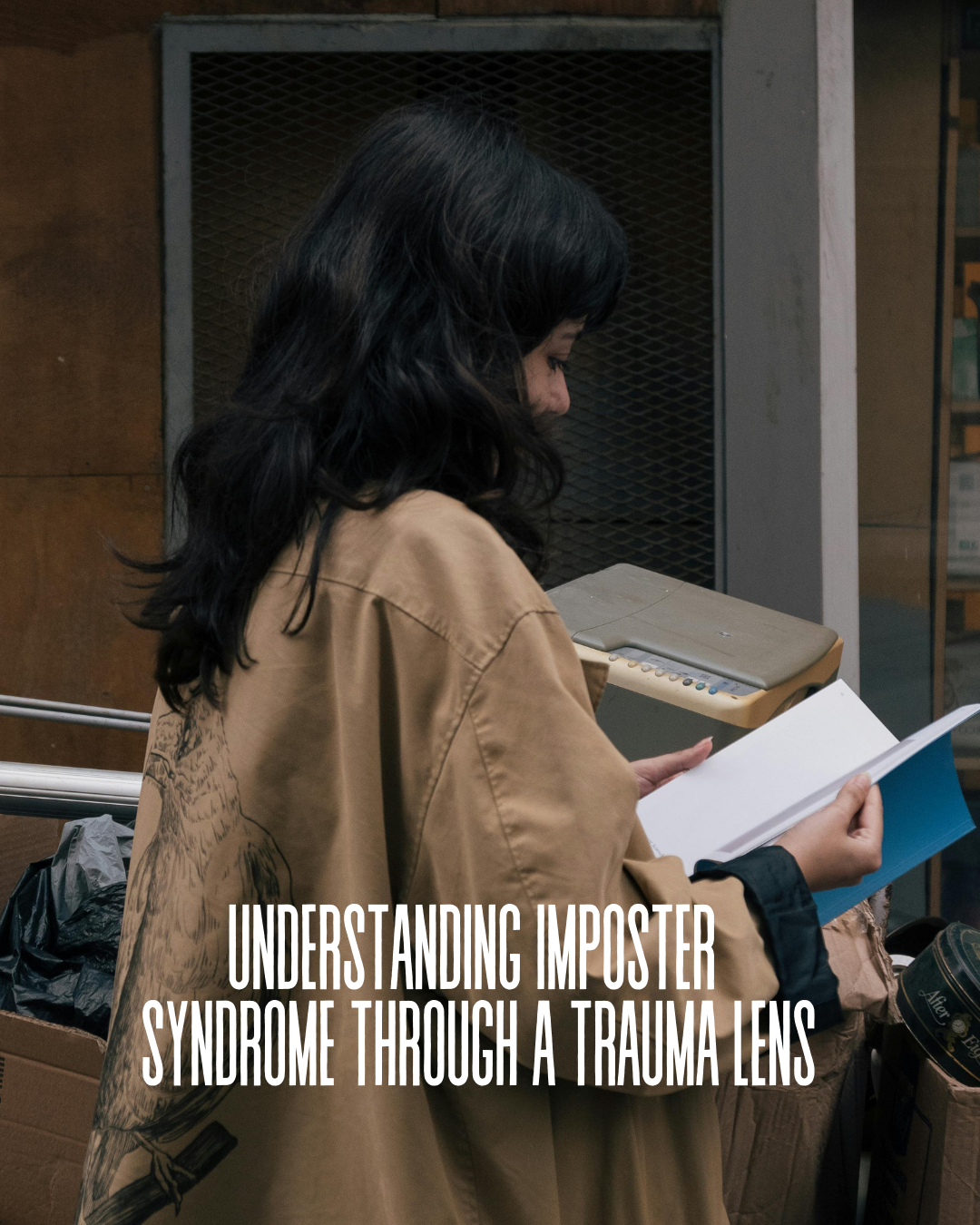Many of us might have paused to consider, ‘What can therapy truly offer me?’ This question can surface as skepticism, a quiet doubt about the efficacy of a process often shrouded in mystery. Or, it can be laced with a deeper, more vulnerable fear: Will therapy dictate how I should live my life? Will it pathologize my deepest pain, reducing my complex experiences to a clinical diagnosis? Will it label me, unequivocally, as the problem? These anxieties are valid, stemming from common misconceptions about therapeutic practice.
Narrative Therapy offers a radically different experience. It’s not about fixing you, it’s not about assigning blame or chasing symptoms rather, it’s about creating space. Space where your voice matters, where your complexity is honored, and where you get to pause and ask: Whose story have I been living? And what would it mean to live my own?
What makes Narrative Therapy unique is its belief that people are not problems. Rather, problems are something we experience and often, those problems are shaped by the stories we’ve inherited, absorbed, and repeated for years. This approach invites you to separate yourself from the problem, to externalize it, and to examine it with curiosity instead of shame. You are a person with a history, a body, a culture, a voice, someone shaped by narratives that may no longer serve you.
As a South Asian immigrant woman, I’ve grappled with the question of which narratives belong to me, and which were handed down. I’ve carried stories about who I should be – stories rooted in gender, culture, survival, and silence. And like many, I confused these stories with identity. Narrative Therapy gave me a language to untangle those threads, to examine the parts of my story that felt too tight, too rigid, or too small, and to begin imagining something more truthful, more spacious, and more me.
What we often call “identity” is, in many ways, a collection of roles we’ve learned to play. Maybe the story you’ve been living sounds like: “I always mess things up,” or “I have to keep everyone happy or they’ll leave,” or “If I slow down, I’ll fall apart.” Narrative Therapy can be especially powerful for people who’ve spent their lives managing others’ expectations. High-achieving individuals who learned to perform instead of feel. People raised in environments where pleasing others felt like the safest way to stay connected. Immigrants and first-generation folks caught between cultures, constantly shape-shifting to fit. Survivors of trauma who carry not only the weight of what happened, but also the shame of how they survived it. And anyone who’s spent years becoming who they were supposed to be and is only now beginning to ask who they truly are.
That shift from being the problem to being the narrator can be quietly revolutionary. Because when you begin to name your struggles, to acknowledge their presence without internalizing them as defining characteristics, you effectively reclaim the pen. You begin to live less from a place of reactivity, driven by external pressures, and more from a deep alignment with your core values. And in this journey, you come to a powerful realization: healing is not about erasing what happened, nor is it about denying your past pain. Instead, it is about creating expansive space for complexity, for the full and nuanced version of who you are.
In Narrative Therapy, we explore how your past and present stories intersect, not to dwell in the past, but to understand the beliefs that still echo in your life today. We ask what values anchor you, what voices shaped you, and what possibilities await when you begin to trust your own voice. We often look at the parts of you that have been silenced, minimized, or ignored and ask what they’ve been trying to say all along.
This isn’t a one-size-fits-all approach. Narrative Therapy blends well with other modalities: cognitive behavioral therapy, for instance, by exploring the origin of negative thought patterns; family therapy, by understanding how generational scripts get passed down; and solution-focused approaches, by helping you envision a future built on agency, not fear.
Ultimately, Narrative Therapy is about making expansive space for both profound pain and exhilarating possibility; for the quiet reverence of grief and the boundless freedom of imagination; for the ‘you’ that has been, in all its complexity, and the vibrant, unfolding ‘you’ that is continuously becoming.
You are not the story you were told.
You are not the worst things you’ve believed about yourself.
You are not only what others needed you to be.
You are a person in process -still learning, still unfolding.
And you have the right, and the power, to shape how your story unfolds from here.
Jahnavi Polumahanti is a therapist at Holistic Psychotherapy NYC. Learn more about her here.



